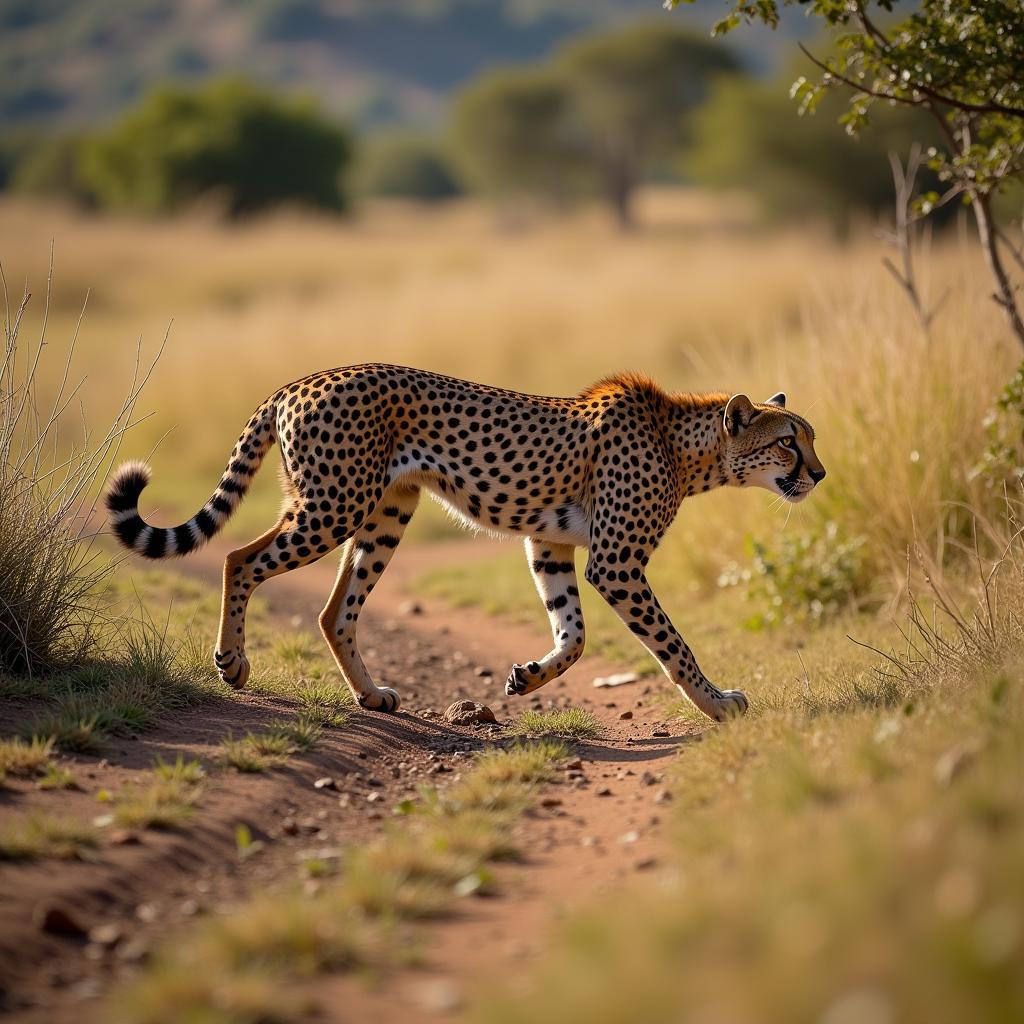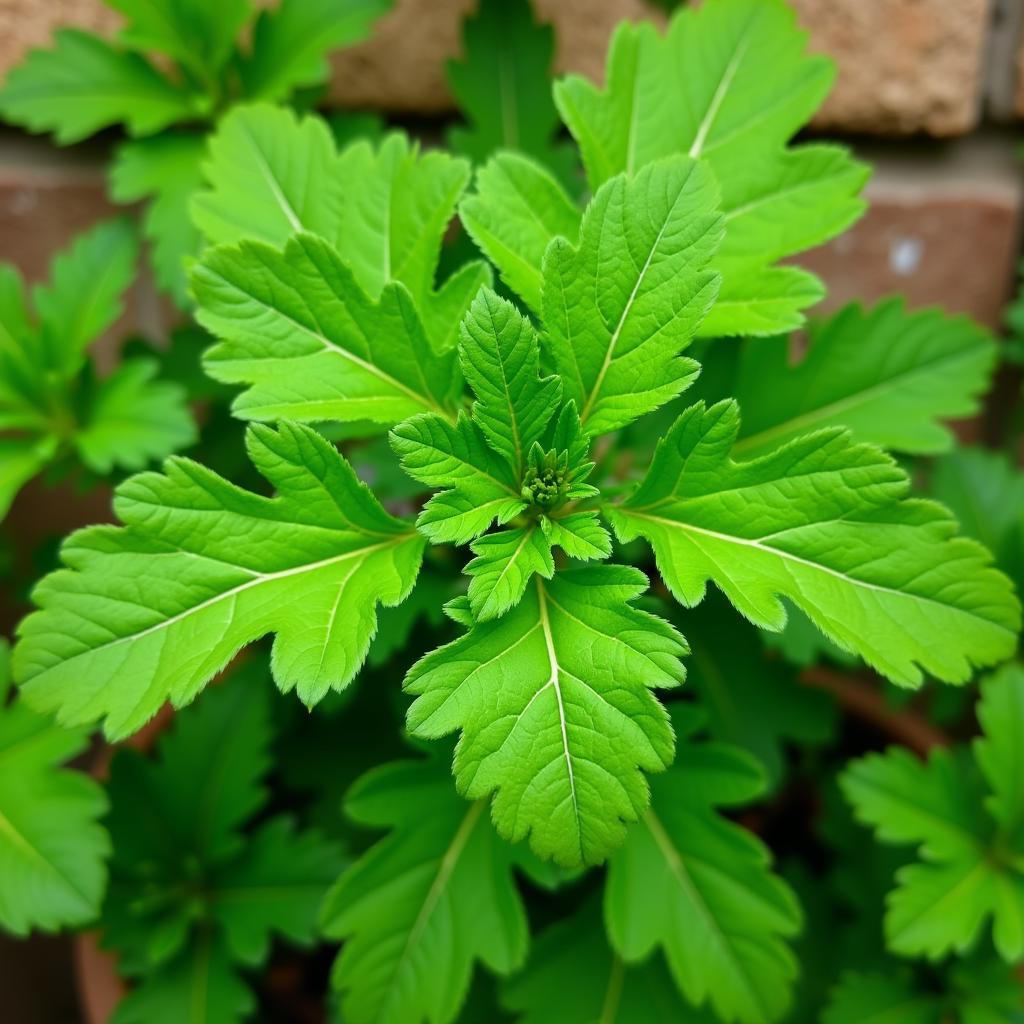African Cat Pet: Exploring the Allure and Ethics
The desire to own an exotic pet has captivated humans for centuries, and “African Cat Pet” has become a popular search term for those seeking a touch of the wild in their homes. While the allure of sharing your life with a majestic creature like a Serval or a Caracal is undeniable, it’s crucial to delve into the ethical considerations and practical realities of owning an African wild cat.
Understanding the African Wild Cat Appeal
The allure of African wild cats as pets stems from their undeniable beauty, grace, and aura of untamed wilderness. These animals possess an exotic appeal that sets them apart from domesticated cats. Their sleek coats, striking patterns, and captivating eyes have made them a subject of fascination and admiration.
 African Wild Cat in Natural Habitat
African Wild Cat in Natural Habitat
The Ethics of Owning an African Wild Cat
While the desire to bring a piece of the wild into our homes is understandable, it’s essential to consider the ethical implications of keeping African wild cats as pets.
Conservation Concerns
Many African wild cat species face threats in their natural habitats due to habitat loss, poaching, and human-wildlife conflict. Owning these animals as pets can fuel the illegal wildlife trade, further endangering their wild counterparts.
Animal Welfare
African wild cats are not domesticated animals. They have complex social structures, specific dietary needs, and require vast territories to roam. Confining them to a domestic setting can severely compromise their physical and psychological well-being.
Public Safety
African wild cats are powerful predators with inherent instincts that can pose a risk to humans and other animals. Even with the best intentions, owners may not be equipped to handle their strength and unpredictable behavior, potentially leading to accidents or injuries.
Legal Considerations
Many countries and regions have strict regulations or outright bans on owning African wild cats. These laws aim to protect both the animals and the public. Before considering an African wild cat as a pet, thorough research into local laws and regulations is paramount.
Alternatives to Owning an African Wild Cat
For those captivated by African wild cats, there are ethical and fulfilling alternatives to owning them as pets:
- Supporting Conservation Organizations: Donate to or volunteer with organizations dedicated to protecting African wild cats in their natural habitats.
- Visiting Accredited Zoos and Sanctuaries: Observe these magnificent creatures in environments designed to meet their needs while learning about conservation efforts.
- Appreciating Wildlife Photography and Documentaries: Explore the beauty and behavior of African wild cats through stunning visuals and informative storytelling.
Conclusion
Owning an African wild cat as a pet presents complex ethical, welfare, and legal considerations. While their allure is undeniable, prioritizing the well-being of these animals and supporting their conservation in the wild is crucial. By exploring ethical alternatives, we can foster a deeper appreciation for these majestic creatures while ensuring their survival for generations to come.

